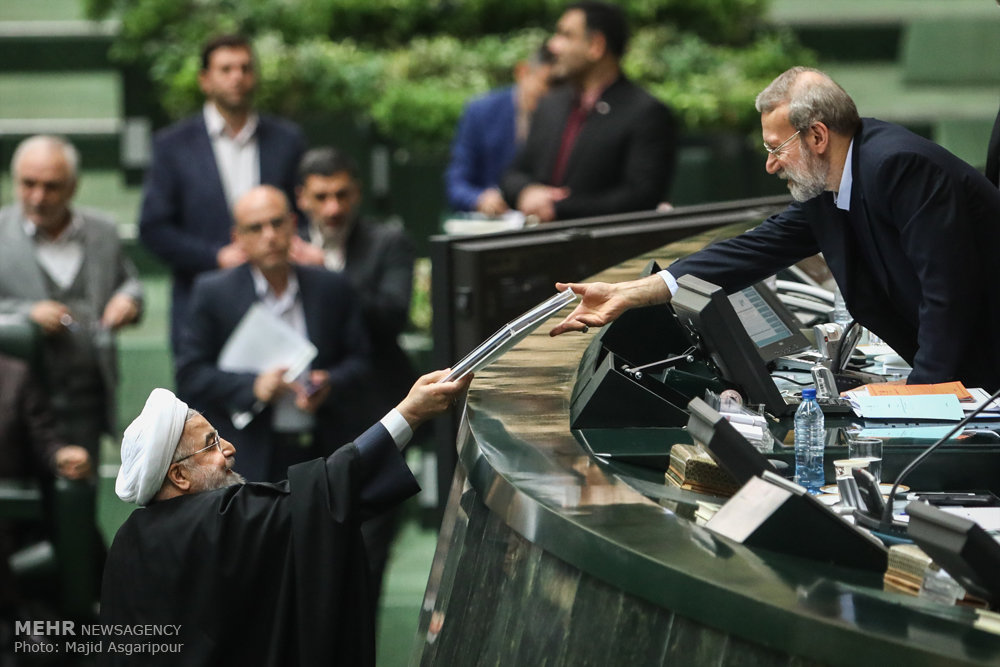Neither logical nor expedient

In its national budget bill submitted to the parliament, the government has proposed to raise fuel prices, mainly petrol, to raise 174 trillion rials (around $4.3 billion) and invest that money to create jobs.
However, the special parliamentary committee, which temporarily comes into existence every year to assess the annual national budget bill, has opposed increase in fuel prices.
The special committee has proposed other resources to create jobs. A decision which experts believe would not be materialized.
The recent protest rallies in some cities, which were mainly motivated by economic problems including unemployment, have made lawmakers member to the committee to be more cautious about raising fuel prices, especially petrol.
Even before the emergence of protests, the Majlis Budget and Planning Committee had opposed a hike in gasoline prices, saying it would lead to high inflation.
Such decisions are cherished by the public but in the long run it is the masses who should pay the costs.
Contrary to common assumptions, leading economists believe that increase in fuel prices initially creates a psychological atmosphere for price rises but that excitement dies down after a while.
Even experts believe that inflation is better than unemployment. MPs themselves directly hear more complaints about unemployment from the people they represent in the parliament.
Writing an article in the Hamshahri newspaper on January 8, Mehdi Pazouki, a budget expert, said if the Majlis deals with the national budget like the previous years, government expenditures will increase, revenues will decrease, infrastructure projects will be put on hold, and unemployment will surge.
“Bad governance will not rescue the Iranian economy miraculously,” Pazouki stated.
Job is the main concern of all nations in the world and Iran is no exception, and once in a while unemployment comes as a nuisance to all countries. In view of this fact it is necessary that parliamentarians help the government reduce unemployment rate.
MPs must realize that heavily subsidized petrol, which have turned into a malignant disease in the Iranian economy, is unnecessarily devouring a considerable portion of the revenues which must be used for economic priorities. They must also know that if they hesitate to allow a partial increase in petrol prices, the severity of this disease will become more intolerable and tomorrow the country may be forced to take tougher decisions.
Parliamentarians must also bear this in mind that Iran’s main revenue, which mostly comes from oil export, is not sustainable, especially as the world is speedily moving toward renewable sources of energy and more countries are joining the club of oil exporters.
The parliament must also be reminded that while Iran is facing repeated droughts, which by itself adds to the number of unemployed people, and the Trump administration, which is maddeningly discouraging foreigners to invest in Iran despite the nuclear deal, selling gasoline with a highly low price is neither logical nor expedient.
It is extremely expected that when the entire parliament votes for the budget it would allow a partial, if not 50 percent, increase in petrol prices.
